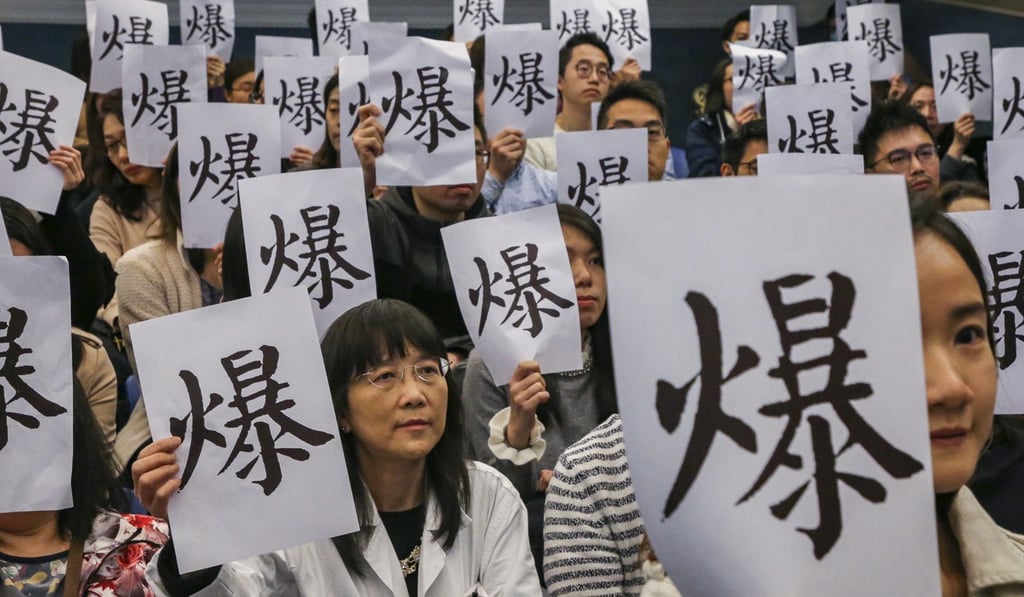Opinion | Foreign-trained doctors can only be a temporary cure for Hong Kong’s chronic staff shortage
- The problem is a mismatch in numbers between Hongkongers seeking to use the public health service and the doctors and nurses in the sector. Opening the door to overseas doctors is necessary, but not sufficient to ease the overcrowding

Of course, Hong Kong’s ratio is higher than many other places in the world. Perhaps it can also be argued that the ratio does not accurately reflect the situation here because quite a number of locals choose traditional Chinese medicine doctors over Western doctors, or rely on Chinese herbal medicines and over-the-counter drugs.
There is no universally agreed optimal number of doctors required in a society. The general opinion is that the more, the better, especially in an ageing society.
The challenge faced by every health care system is unique and complex, influenced by many factors such as history, demographics and the level of public health awareness. In the US, where health care is largely provided by private institutions, doctors and hospitals are known to turn away those who do not have insurance. By contrast, in the UK, citizens largely enjoy universal health care under the National Health Service, but it is overstretched and has increasingly been criticised for falling short.
Hong Kong’s health care system is a combination of the US and UK models; public and private medical facilities function alongside each other, but they are not in harmony. The disparities in demand for both systems lie at the root of the shortfall of doctors in the public health system.

The public system comprises a network of publicly funded hospitals and numerous outpatient clinics, which are managed by the Hospital Authority, similar to the UK’s NHS. Hong Kong residents are charged a fraction of the regular fee for all sorts of medical services.
